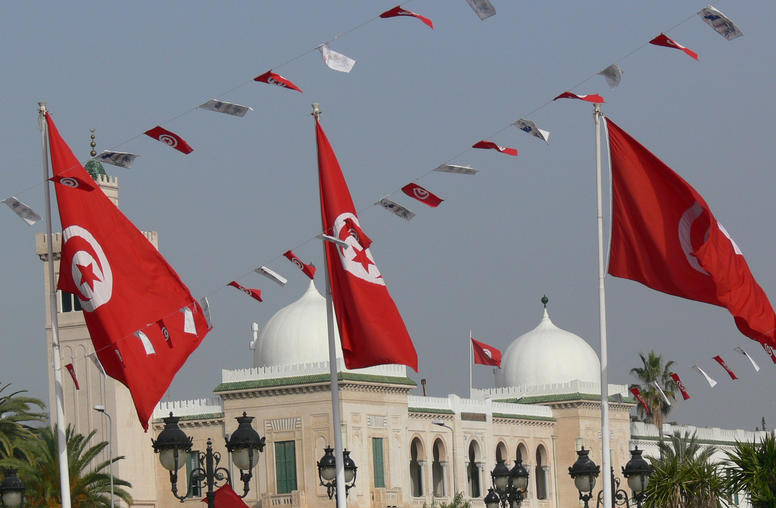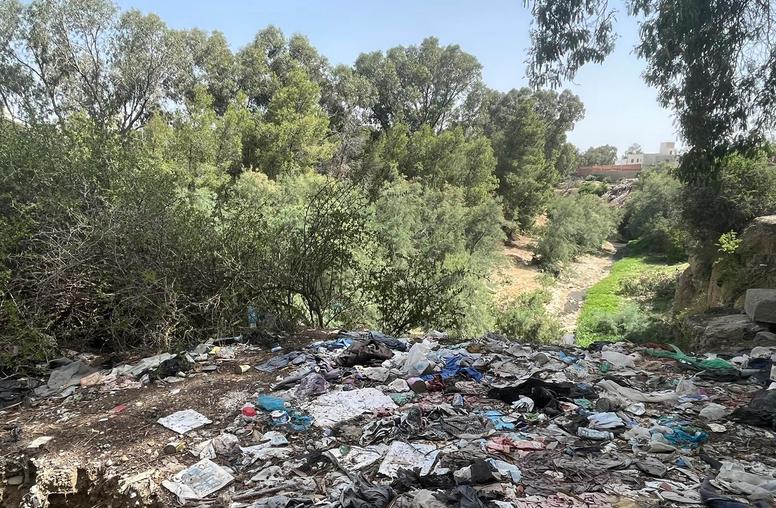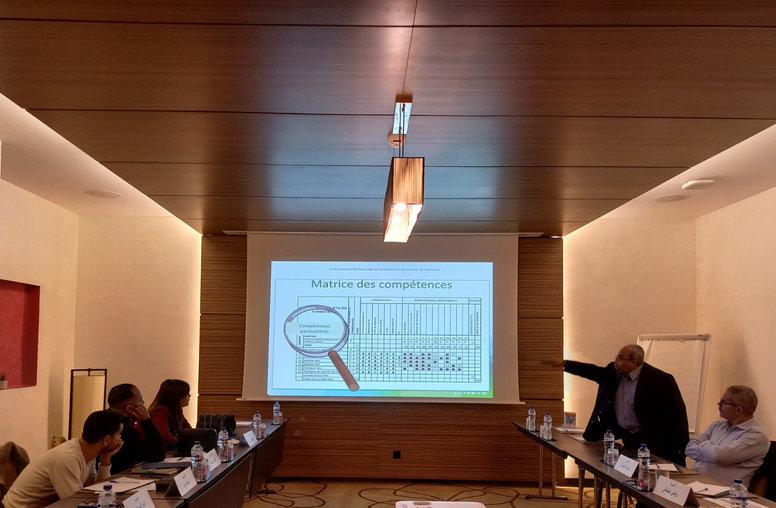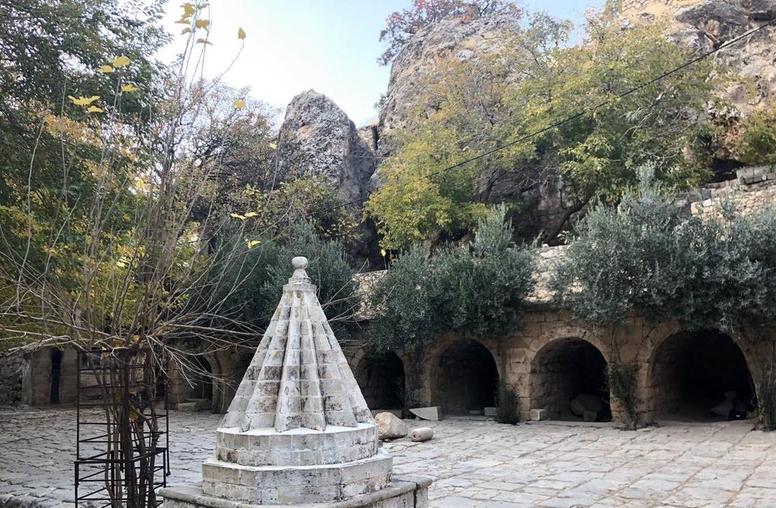Middle East North Africa Center
The U.S. Institute of Peace established the Middle East North Africa Center (MENA) to prevent, mitigate, and resolve violent conflicts in the area stretching from Iran to Morocco by engaging directly in conflicts zones, providing policy analysis to the U.S. government and resources to those working for peace in this region. To do this, our experts engage local, national, and regional actors in participatory processes that promote sustainable peace.
Within this wide region, the MENA Center has programs on:
- The Middle East: Our MENA Middle East program focuses primarily on Iraq and Syria, where we work to promote reconciliation and social cohesion by engaging religious, civic, and tribal leaders in action-oriented dialogues.
- North Africa: MENA’s North Africa program focuses on Tunisia, Libya, and Egypt, where we work to strengthen the rule of law and promote non-violent conflict resolution through facilitation and mediation in country-specific dialogue projects.
- The Israeli-Palestinian Conflict: The MENA Center works to inform policy, bridge divides, strengthen Palestinian institutions, and prepare the ground for peace in the Israeli-Palestinian and broader Arab-Israeli arena. We serve as a trusted convener to inform policy considerations and approaches, support inclusive dialogue between religious and ideological communities, foster trust-building and cooperation between Israeli and Palestinian institutions, and strengthen grassroots capacity to create an environment conducive to a sustainable Israeli-Palestinian and Arab-Israeli peace.
- MENA’s Iran program runs The Iran Primer, which provides original articles, analysis, data, timelines, policy statements and other resources on Iran’s politics, economy, military, foreign policy, and nuclear program on a website co-hosted with the Woodrow Wilson International Center for Scholars.
- In partnership with the Woodrow Wilson International Center for Scholars, MENA’s Islamist program focuses on the origins, evolution, and positions of Islamist movements in the Middle East. These movements are redefining the order and borders in the world’s most volatile region, yet they have diverse goals and different constituencies that sometimes rival each other.





